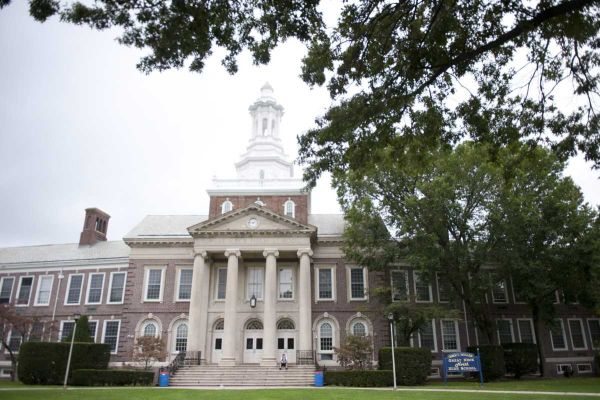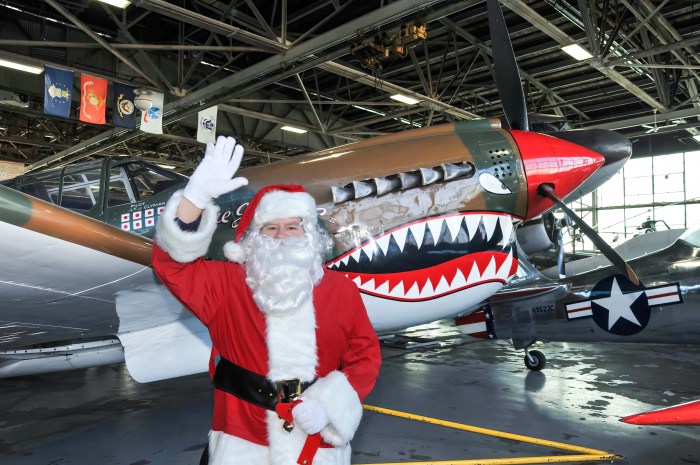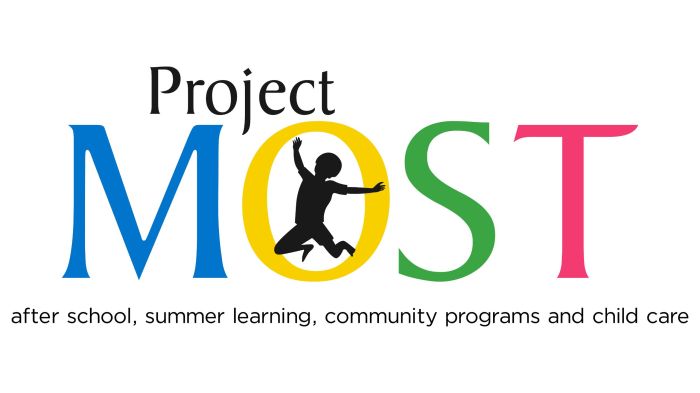
Throughout the past year, the town has collected more than 12-cubic feet, enough to fill about two large trash bags, of monofilament fishing line from receptacles located in six town parks, according to Town of North Hempstead Supervisor Judi Bosworth, Chief Sustainability Officer Erin Reilley and Chief Bay Constable Mal Nathan. The fishing line receptacle initiative was instituted last year and received the Environmental Champion award by the Environmental Protection Agency (EPA) Region 2 for helping reduce plastics in the waterways.
“The addition of these fishing line receptacles to our town parks has been a true success,” said Bosworth. “Not only are we able to protect birds and other marine creatures from becoming entangled in the fishing line, but we are also helping to reduce the amount of garbage and plastic in our waterways. It is a win-win for everyone.”

All of the fishing line that has been collected will be sent to Berkley Fishing, an Iowa company that has a program to repurpose the old monofilament into other products or into fish habitat structures. There is no charge for the recycling of the fishing line, according to Reilley.
The Audubon Society warns that monofilament fishing line is an amazingly strong substance that gets snagged on many things in the environment. Discarded line can snag and harm people and wildlife, and kill fish, turtles, frogs, birds and small mammals.
“This is one of those times when a simple solution can cure a big problem. Improperly discarded fishing line is a hazard not only in the marine environment, but can be fatally attractive to birds seeking nesting materials. I have had to climb into a tree to cut loose a bird that was hanging from monofilament wound around its leg,” said Jennifer Wilson-Pines, copresident of the North Shore Audubon Society.

“Each year our Bay Constables rescue sea birds and other marine life that have become entangled in discarded fishing line,” said Bosworth. “When fishing line is left near the water, it is hard for animals to detect and can entangle all sorts of wildlife, leading to a slow and painful death. The signage along Town Dock, along with the handy receptacles, prevent discarded fishing line from harming our wildlife and our water.”
Nathan said that he has observed birds wrapped in fishing line that became entangled on telephone and light poles, causing their death. “This material can be dangerous when disposed of in a careless manner and can also be a tripping hazard to people on the dock,” he said.
“It’s important to manage all of our waste responsibly, but we ask residents to take special care with litter that poses special threats to wildlife,” said Reilley.

“As the water quality in our bays and harbors has continued to improve, more wildlife has returned, such as diamondback turtles that were once almost extinct,” added Eric Swenson, executive director of the Hempstead Harbor Protection Committee. “We cannot afford to lose any of these creatures simply because of improperly discarded fishing line.”
To view an instructional video on how to make a fishing line receptacle and for free downloadable sticker templates, go to www.northhempsteadny.gov/fishingline. For more information about the town’s environmental programs, call 311 or 516-869-6311.































